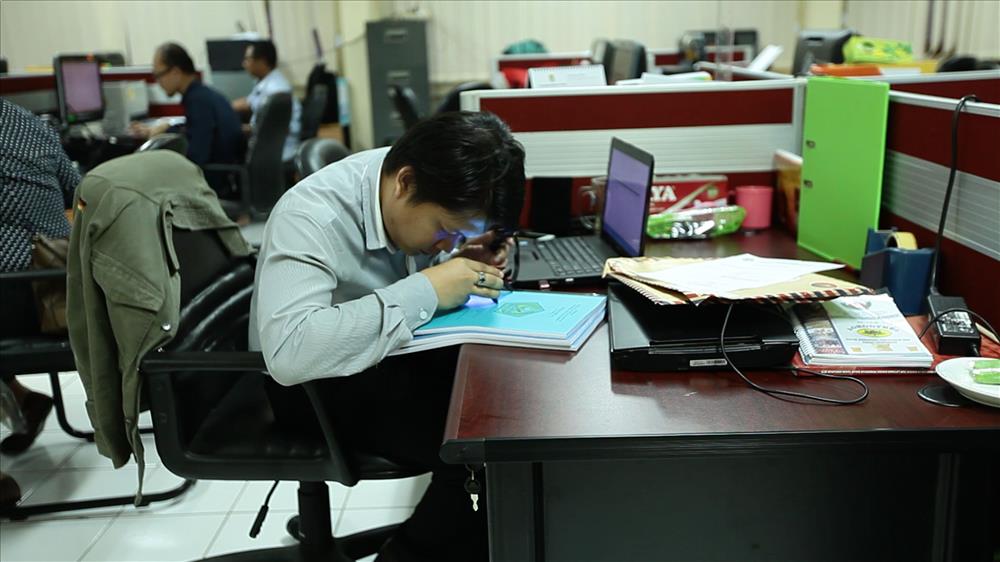A variety of approaches to create jobs for people with visual impairments
- Solution
- Nippon Foundation Higher Education Project
- Organization
- ICEVI - International Council for Education of People with Visual Impairment
- Country of Implementation
- Cambodia
- Region
- Asia & Pacific
- Subregion
- Southeast Asia
- Start Year
- 2007
- First published
- 31.01.2017

Solution details
People
“Assertiveness and self-advocacy are very much needed to build a strong professional career.” Mr. Bima, project beneficiary, Indonesia
Since 2013, the International Council for Education of People with Visual Impairment (ICEVI) – a global association of individuals and organizations – has collaborated with Krousar Thmey in Cambodia, Pertuni in Indonesia, PAVIC in the Philippines, and Sao Mai Centre in Viet Nam in an effort to facilitate access to education and job opportunities for people with visual impairments. As of March 2016, the project had benefitted approximately 1,000 people.
Problems Targeted
People with disabilities who do not have a certain academic background or do not possess job skills or soft skills have a difficult time finding jobs, or at least finding opportunities to acquire these skills.
Solution, Innovation and Impact
The first phase of the project, which started in 2007, focused on using technology to increase the learning potential of students with visual impairments. From 2012 to 2013, the partners focused on preparation for employment as a key component, as well as on technological applications and advocacy towards inclusive universities. As a result, 117 persons with visual impairments have been assisted to get employment. Each project partner uses a unique approach and strategy to promote employment. The Cambodian partner, Krousar Thmey, collaborated with the National Employment Agency and private recruitment companies and created employment for 38 people. The Indonesian partner, Pertuni, developed and used an extensive employment campaign tool to facilitate opportunities for 39 people. The Philippine partner, Resources for the Blind, made films featuring successful employees and generated jobs for 13 persons. The Vietnamese partner, Sao Mai Centre, organized job fairs as a key strategy to facilitate employment for 27 people. Typical jobs include telemarketer, information technology assistant, caterer, administrative assistant, teacher, language instructor, insurance agent, and counsellor.
Funding, Outlook and Transferability
The budget for the period 2014 to 2016 was US$640,000, funded by the Nippon Foundation, which is supporting the project mainly in terms of technology inputs, assistive devices, leadership training, and creation of good practices. The employment initiative will also start in Myanmar and Laos in the near future. The higher education project is likely to be expanded to other countries in the East Asia region eventually, and employment creation and soft skills development will become an integral part of the project.
Media
Related information
- Connections
- 2
-
Organization
- People